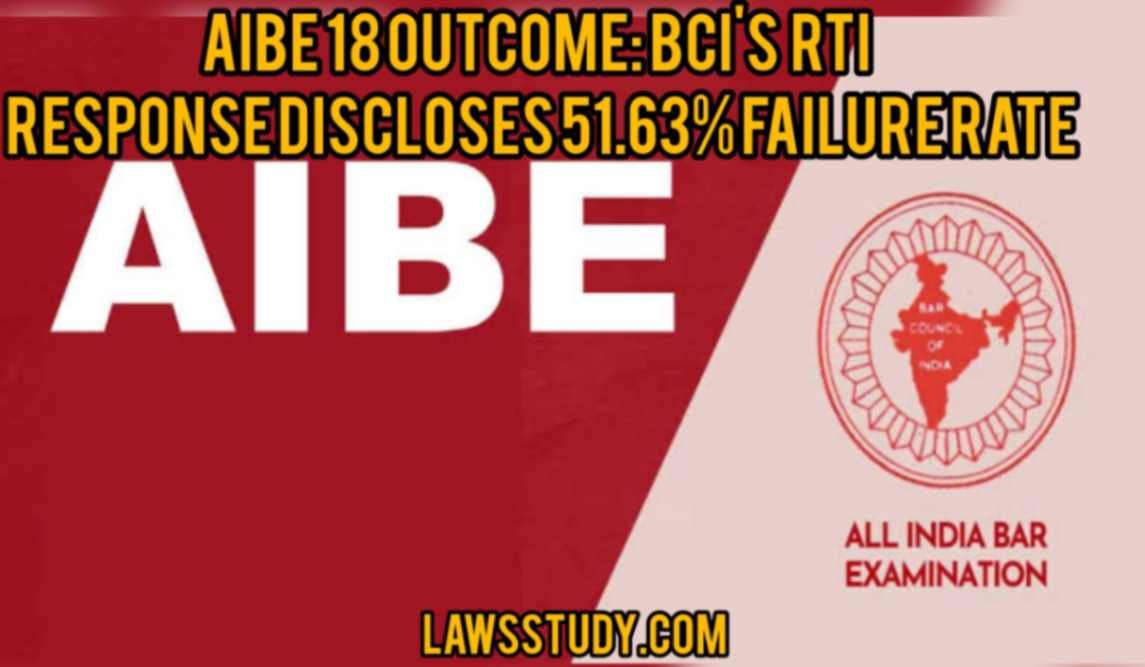
General
New Leadership in SCBA: Kapil Sibal Elected President
New Leadership in SCBA: Kapil Sibal Elected President: In a press conference held in New Delhi, Senior advocate Kapil Sibal ...

General
AIBE 18 Outcome: BCI’s RTI Response Discloses 51.63% Failure Rate
AIBE 18 Outcome: BCI’s RTI Response Discloses 51.63% Failure Rate: The All India Bar Examination (AIBE) serves as a pivotal ...

General
Upholding Legal Integrity: The Advocates Act of 1961 in India
Upholding Legal Integrity: The Advocates Act of 1961 in India Introduction The legal profession in India stands as a beacon ...

Law Vacancy
NPSC Recruitment 2024: Combined Technical Services Exam Online Application
NPSC Recruitment 2024: Combined Technical Services Exam Online Application Introduction: NPSC (Nagaland Public Service Commission) has announced recruitment for the ...

Law Vacancy
Rajasthan Judicial Services (RJS) 2024 Notification: Vacancies, Eligibility, Selection Process, and Exam Dates
Rajasthan Judicial Services (RJS) 2024 Notification: Vacancies, Eligibility, Selection Process, and Exam Dates The Rajasthan High Court has officially released ...

General
Intellectual Property in Sports
Introduction: The intersection of intellectual property laws and the sports industry has become increasingly significant in today’s commercialized sporting landscape. ...

News
Florida Governor Enacts Social Media Limits for Under 16s
Florida Governor DeSantis Enacts Social Media Limits for Under 16s: In a move aimed at safeguarding the mental health of ...

Jurisprudence
Understanding Right in Rem and Right in Personam
Introduction: Understanding right in rem and right in personam is essential in navigating legal matters involving property, contracts, and obligations. ...

Law Vacancy
Gauhati High Court Recruitment 2024: Apply Online for 8 Law Clerk Positions
Gauhati High Court Recruitment 2024: Apply Online for 8 Law Clerk Positions Gauhati High Court (Gauhati HC) has announced vacancies ...

Law Vacancy
Allahabad High Court Recruitment 2024: Apply for Uttar Pradesh Higher Judicial Service Exam
Allahabad High Court Recruitment 2024: Apply for Uttar Pradesh Higher Judicial Service Exam Overview: Allahabad High Court (Allahabad HC) is ...























